

“There aren’t many people who will travel from Cambridge for eight sausages – but they will come here for eight sausages, a loaf of bread, ham and to meet a friend for a coffee. It all comes together, and it works.”

The question of what to do with a farm or estate when retirement – the ‘elephant in the room’ – looms on the horizon is a common dilemma for many farming families.
Some decide to pursue interests outside of farming but are understandably reluctant to depart fully from their roots. Often the thought of selling a long-standing family business is a difficult reality to accept.
Two brothers from Halstead in Essex have proven that you can have your cake and eat it by using skills acquired from outside the industry to help the family farm grow and succeed.
Baythorne Hall has been farmed by the Unwin family for four generations. When the question of succession came up, brothers Matt and George Unwin couldn’t deny that, although they had pursued separate careers, they were unwilling to completely leave farming behind.
A departure from the norm:
Sign up to receive content like this directly to your inbox
“Then Covid came along, and my business moved largely online – I was sat in a grotty old workshop selling more wine than I’d ever sold when I was in a swanky building and nice shop.”

how a family reinvented a farmyard to secure its future
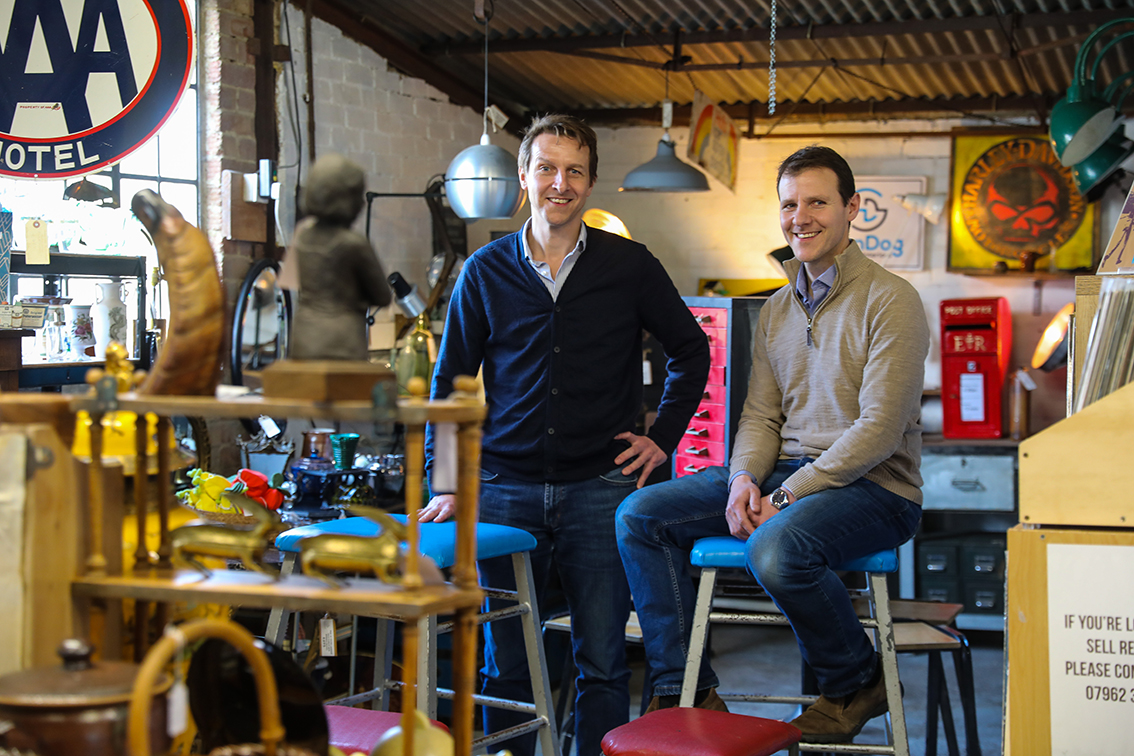
“We had a chat in 2008 about what we'd do if we sold the farm,” Matt says. “We both said that we'd probably go buy a farm, so we thought we'd better try and make this work!
“We worked out a way that meant we could both have our own careers and still be involved with the farm.”
The pair’s great-great-grandfather, a tenant farmer, first purchased land in the area when the landowner went bankrupt.
“My great-grandfather was a grain trader, and he bought a bit more land,” says Matt. “Then my father took it on in 1974 when my great-grandfather died.”
In 2010, the family made the decision to create a new arrangement for how the farm was run.
“Dad was 67 years old, so it was the perfect time for him to step to one side,” Matt says.
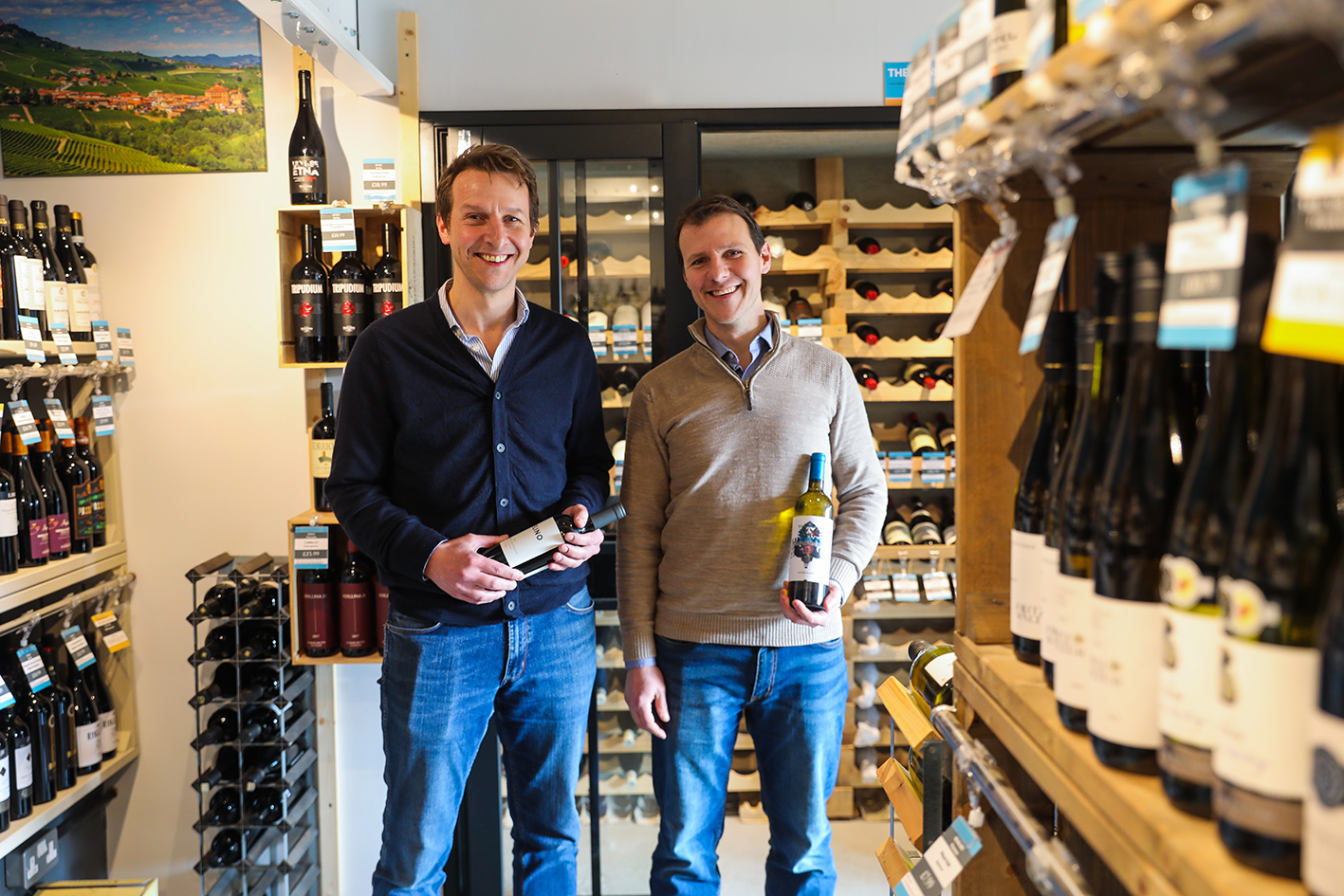
“We worked out a way that meant we could both have our own careers and still be involved with the farm.”
“The farm is in a joint venture with two other farms and is looked after by our farm manager, Tim Chadley, and a full-time tractor driver.”
In total, 450 hectares of arable land is farmed by the venture, growing wheat, barley, oilseed rape and borage.
“Our dad, Peter, still does a bit of grain marketing, some environmental scheme work, and cultivates willows to make cricket bats, but the rest is managed by Tim,” Matt explains.
“Tim is 53 years old, and he’s been here for over 20 years. We need to give him a lot of credit for making this work – we’re busy with our other businesses, so it wouldn’t have been possible without him.”
After securing the new arrangement for the farm, Matt and George turned their attention to bringing their own careers under the umbrella of the family business.
Matt’s accountancy business is based at the farm but run as a completely separate enterprise.
After pursuing a career in fine wine after graduating from university, George decided to open his own wine business on the site.
Expansion
“We try to keep it as fair as possible – we both pay the same rent to the farm for the space we occupy with our businesses,” Matt says. “That way we can keep everything separate.”
“My business wouldn't exist without the farm,” George says. “The farm was what we effectively borrowed against to be able do up a building for a large cost and get the business up and running with stock, websites and all the other upfront costs.”
“The first building we did up was the granary in 2014, originally to house the wine business and cookery school, but which now houses a garden shop called Maison de Clements,” George says.
When that project was complete, the brothers turned their attention to the other buildings. In 2018, two more barns on site were converted for a café and office for Matt’s accountancy firm.
The café was the key catalyst for the creation of the site as a retail hub. It was at this point that the ongoing projects attracted attention from outside businesses.
Baythorne Hall
“Ben Clark and Ella Smart approached us and expressed an interest in doing a couple of the barns up themselves for a farm shop and a gift barn,” George says.
“The barns were in pretty good nick after having some maintenance work done in the mid-90s, but Ben and Ella wanted to put their own stamp on them, which was great from our point of view.
“The renovation and decorative work they have done has improved the buildings, so that was factored into what we charge them, and we’ve received regular enquiries from people about units ever since.”
They may have achieved the difficult task of retaining the family farm while pursuing separate businesses, but the brothers admit that not every decision worked out for the best.
“One thing that never really worked was the cookery school because it was very hard to run profitably,” George says.
“We were struggling to get full numbers on every course and, after employing an expensive chef for a day, an assistant to do all the washing up and purchasing all the ingredients, it was hard to make any profit.
“My passion and focus were always on the wine side of the business, so perhaps I didn’t invest enough time and energy into the cookery school, but it became clear to me that there wasn’t much profit potential.”
After working his way up from trainee to shop manager for a local wine merchant, before working in private sales, George decided to set up his own wine business in 2014 after 10 years in the trade.
Covid proved to be a pivotal turning point.
Lessons learnt
“The building we’d converted for my wine business turned into a bit of a luxury – I was using half the ground floor for retail and holding one dinner a month upstairs and letting it as a conference room occasionally,” he says.
“Then Covid came along, and my business moved largely online – I was sat in what used to be the farm workshop, which housed most of my wine stock, selling more wine than I’d ever sold when I was in an expansive building and purpose-built shop.
“In many ways it was the making of the business. It made me realise that the focus needed to be on selling wine and that it didn’t need a lot of flash around it, so I moved the business entirely into the former workshop and freed up that building. I actually love the new shop – it’s fresh, more modern, more central on site and I think a really inviting space. A few hundred different wines, beers and spirits on show obviously helps with its appeal.”
The brothers acknowledge that creating an impressive environment for retail businesses on a farm site inevitably comes with its own challenges.
“Farm sites were built as farms, so when you’re turning them into retail and hospitality units there are some things that just don’t work,” George says.
“We have to manage tenants’ expectations. For instance, the services on site (electricity, phone lines, sewerage etc.) have been added to and extended many times over the years and perhaps aren’t exactly as we’d like. We still haven’t completely worked out how they can all be improved.”
George admits that dealing with the general public has also been difficult at times, particularly in the beginning.
“Although feedback has been overwhelmingly positive, it only takes a couple of negative comments to get you down. A couple of members of staff got quite upset in the early days of opening the café after reading some comments online,” he says.
“It was a steep learning curve but it’s calmed down now. We’re more established and we have a loyal customer base, as well as attracting a lot of passing trade.”
“Securing planning permission has always been a bit of a challenge because we’re working with listed buildings,” adds Matt. “But we’re used to it now and just have to get on with it.”
Henry Platts-Martin, a Senior Surveyor at Carter Jonas in Cambridge, helped the brothers let the commercial spaces and assists with the management of the tenants.
“What George and Matt have done here is admirable – they have looked at the yard and developed it for the tenants but retained the rustic, rural feel which adds to the experience for those visiting the café and shops,” Henry said.
“An approach like this won’t be a viable option for most farm and estate owners – you need to have the right asset in the right place, and the right people who want to be involved with dealing with tenants and the public.
“From a commercial lettings point of view, Baythorne Hall is in a fantastic location and attracted a huge amount of interest from prospective tenants whenever a unit has become available, showing the demand for this sort of space.”
“I’m an auctioneer by trade – this is my midlife crisis. I opened up The Antique and Retro Centre in 2019 and I rent space to 30 different dealers.
“I chose Baythorne Hall because it’s a great location and there’s so much going on here – if you have footfall, you have a chance. And there’s always someone in here – not many places can say that. There’s plenty of coffee shops around, but people will travel to come to this one.
“The shops all complement each other too, there’s no stepping on each other’s toes.”
Alex Manning
The Antique and Retro Centre
“We opened in February 2017 after spending a few months getting the barn ready and sourcing stock for the store. We wanted to keep everything as local as possible. For the first year we just had the one barn, which was the farm shop with a bakery in the back. The following year we turned another barn into a gift shop.
“We have lots of regular customers from the local area – social media has played a huge role in getting people out to us. The only difficulties we’ve experienced are to be expected from working with old buildings. The electrics are fun!”
Ben Clark
Ben and Ella’s Farm Shop
“We opened three years ago because we liked how it looked, what was offered and the people who owned it. The other people here are the right sort of people to be working alongside.
“Everyone is nice. In a place like this you need people to travel so you must treat each customer as an individual and make them feel special. There aren’t many people who will travel from Cambridge for eight sausages – but they will come here for eight sausages, a loaf of bread, ham and to meet a friend for a coffee. It all comes together, and it works.”
Myles Nicholas
Morgan’s Butchery
“We opened up 12 months ago, during Covid. I make a point of asking customers what they want and will even visit their gardens and give them advice. We're only just finishing our first year here and we’ve got a big space, so we’ve started putting on events such as wreath making at Christmas.
“One of the great things about being based here is the free parking. We’re a little community – we have our own WhatsApp group. There really is something for everyone – we’re a one stop shop! One thing I could do with more of is footfall – January was quiet, but that’s the case for every business.”
Linda Dabbs
Maison de Clements
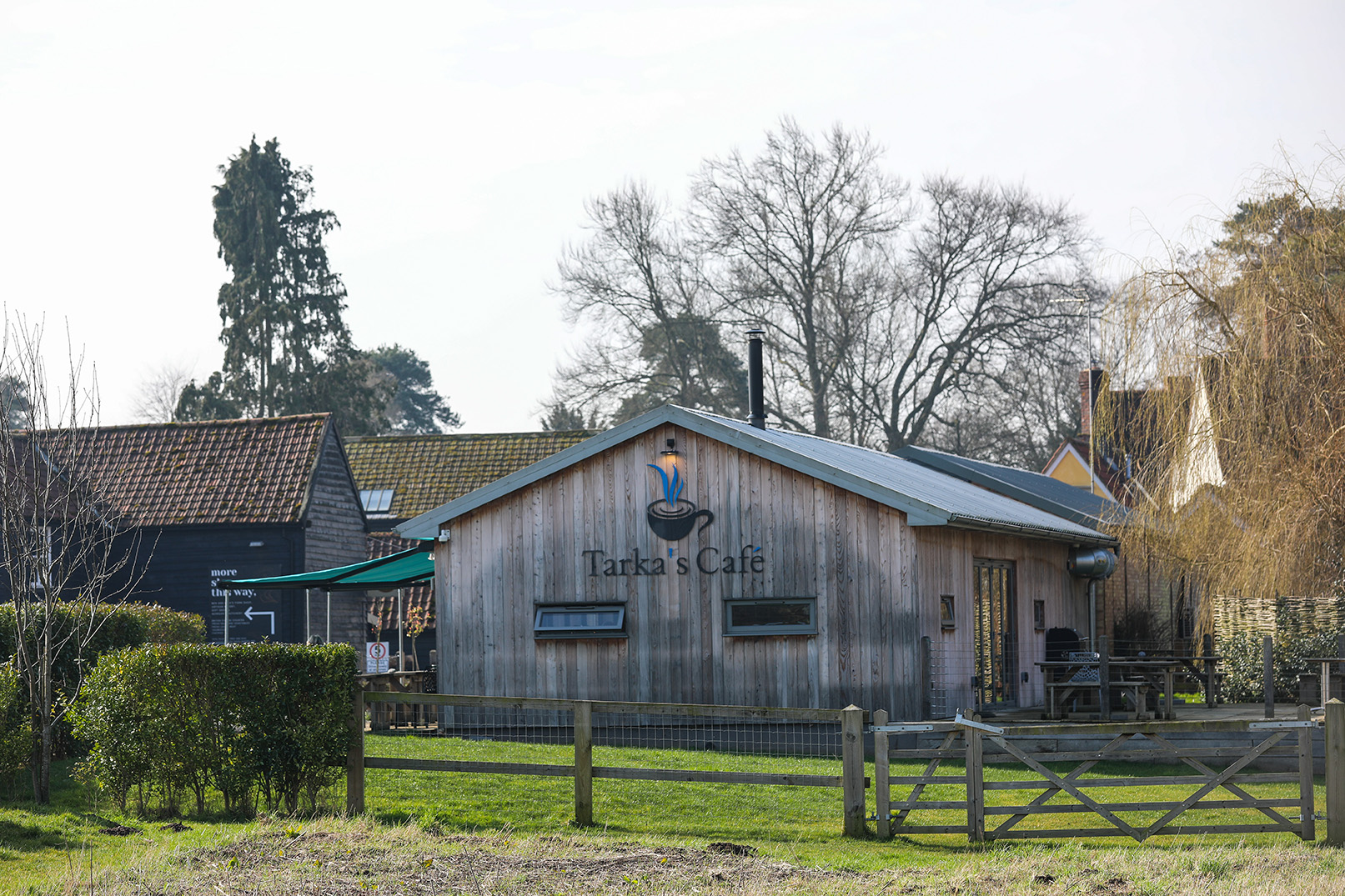
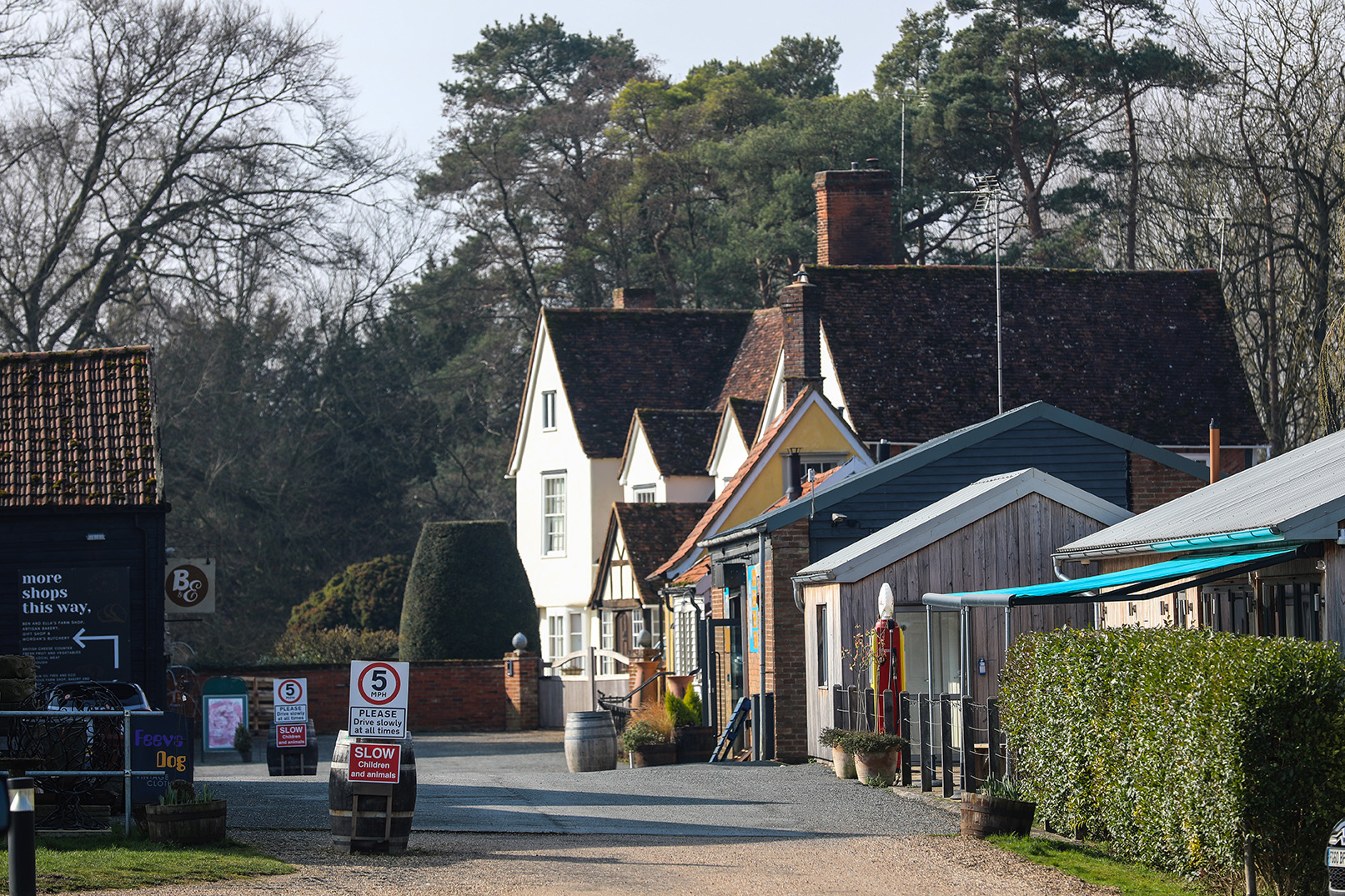
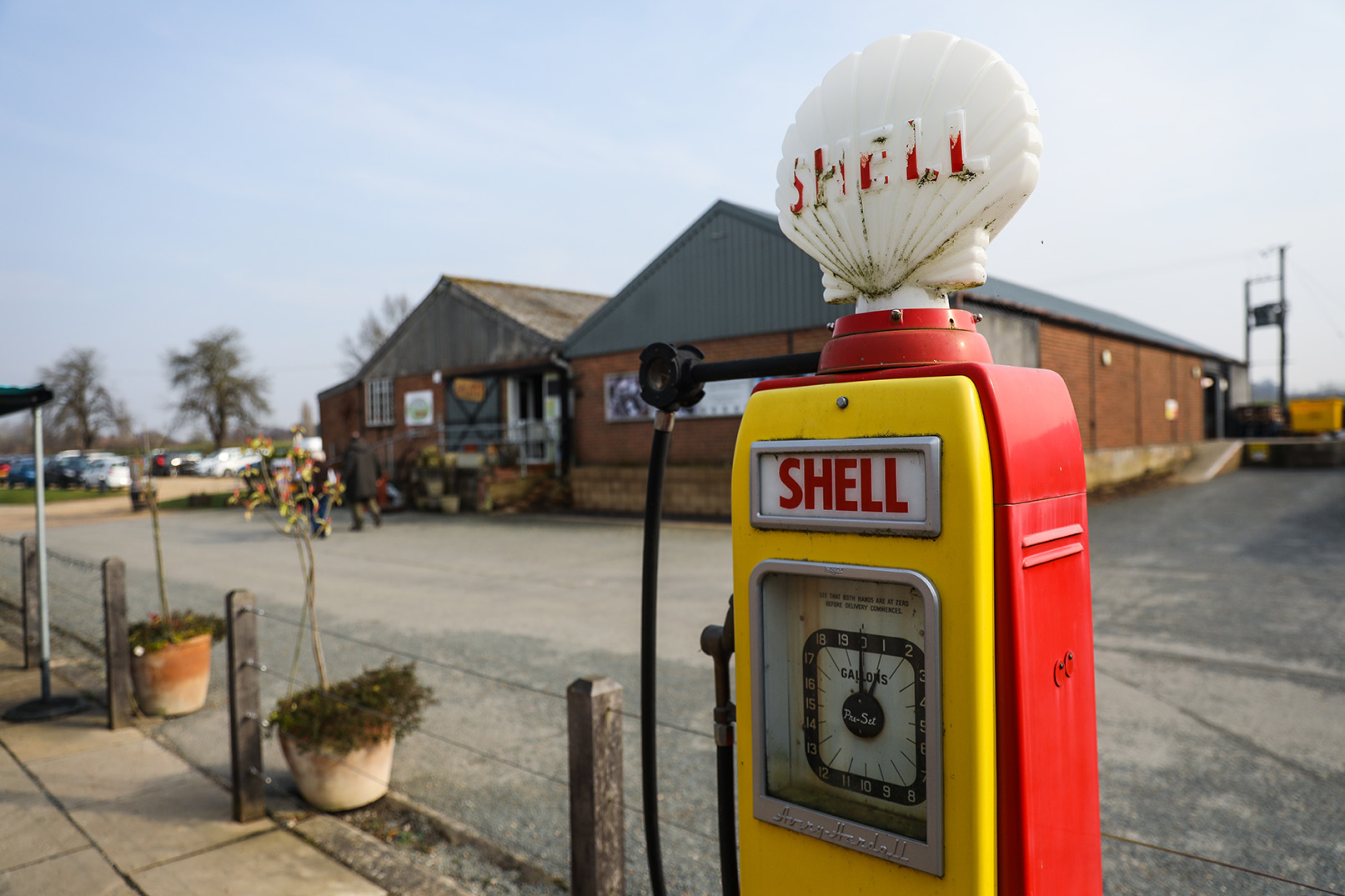
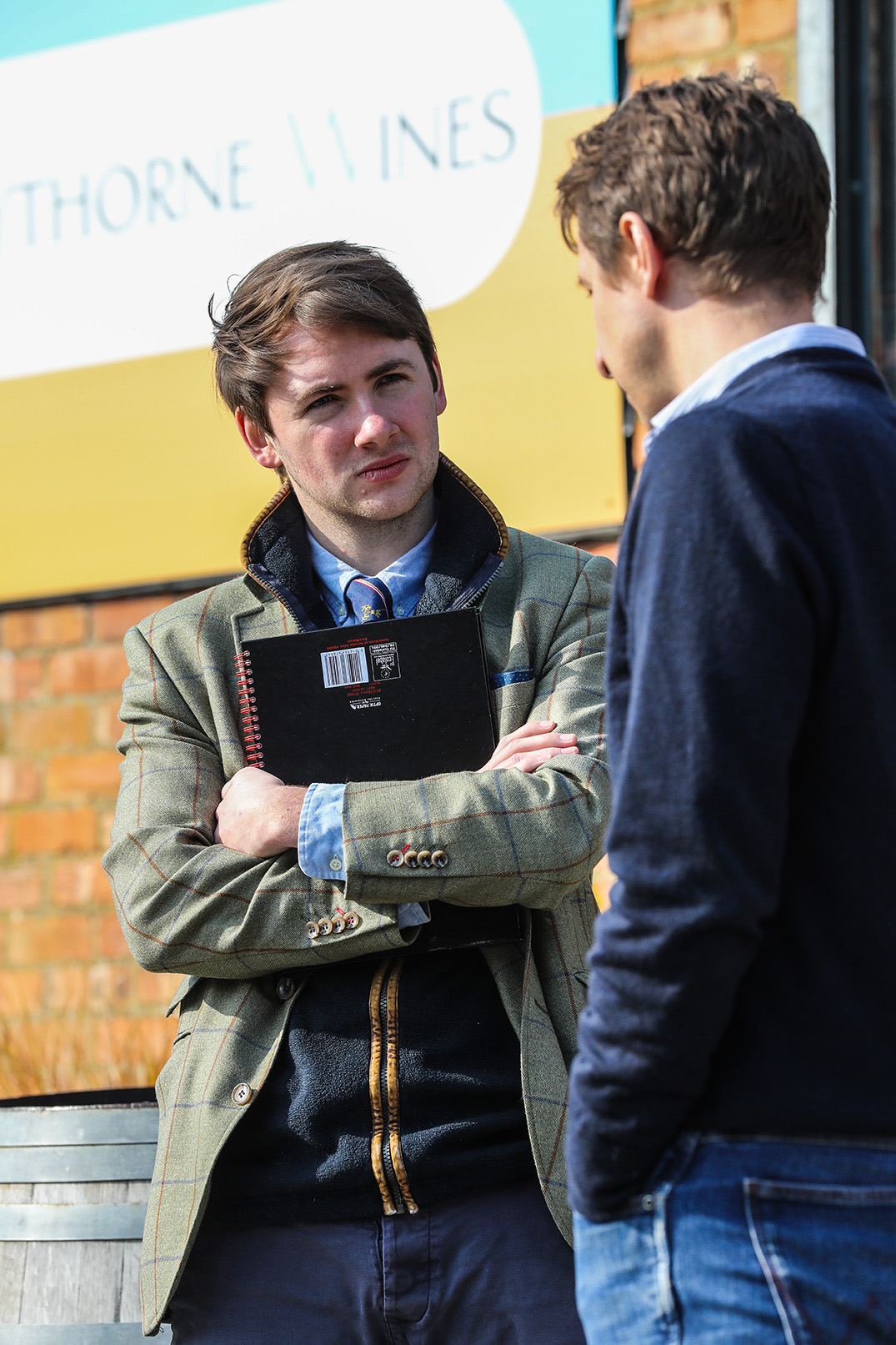
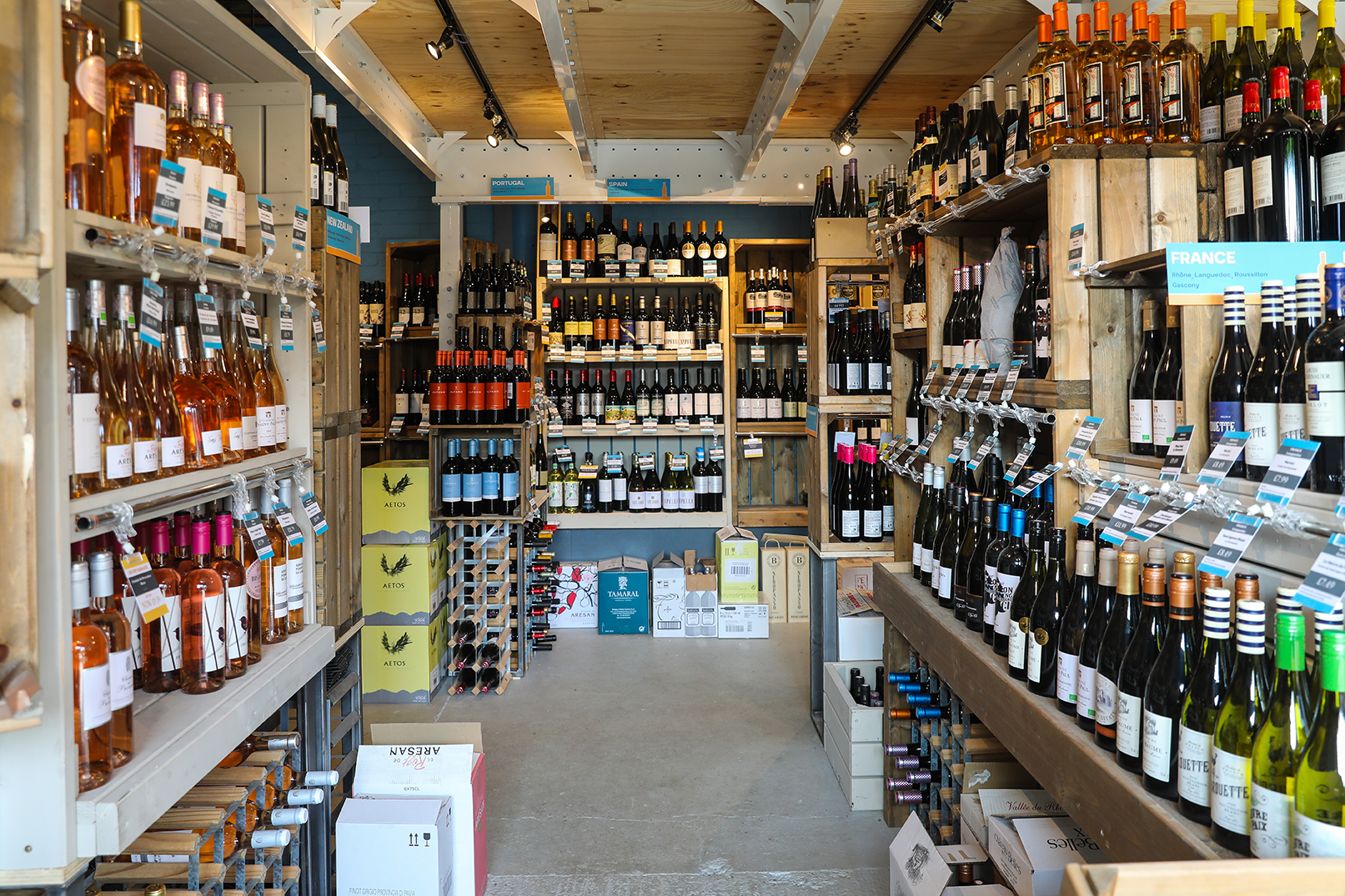
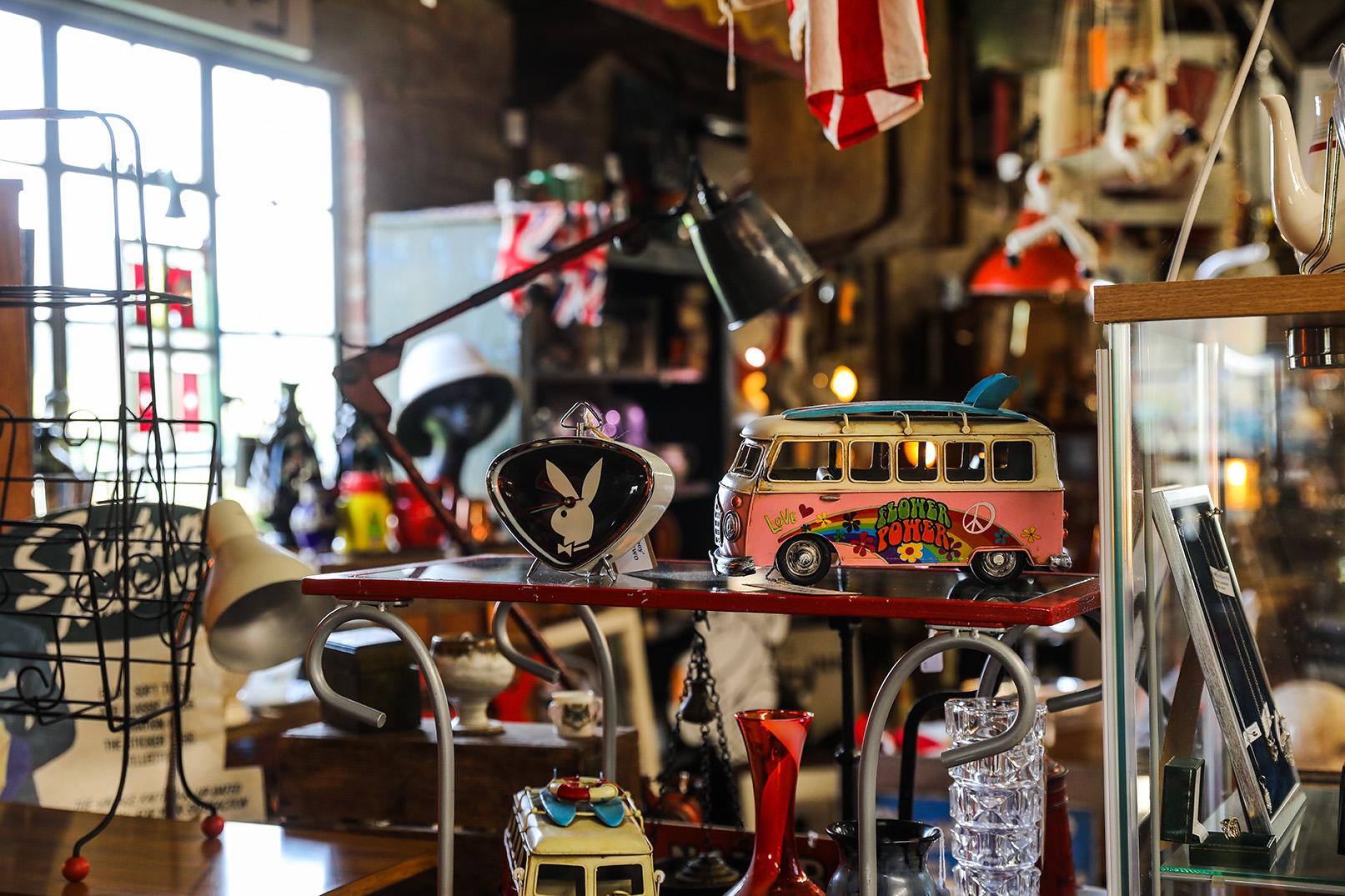
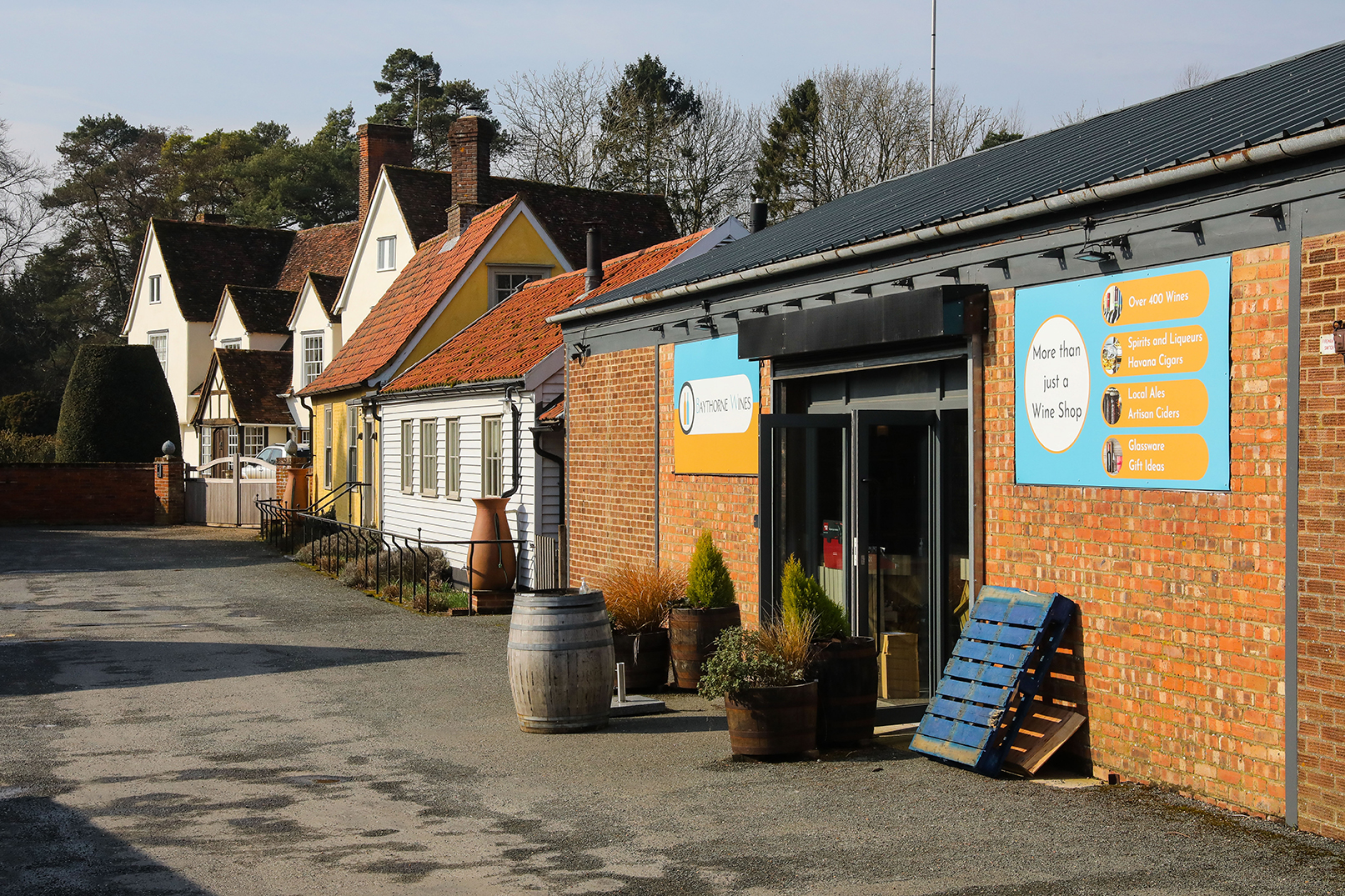
Today the site is home to a variety of different businesses. They tell us why they opted to have a presence at Baythorne Hall and what working there is like:


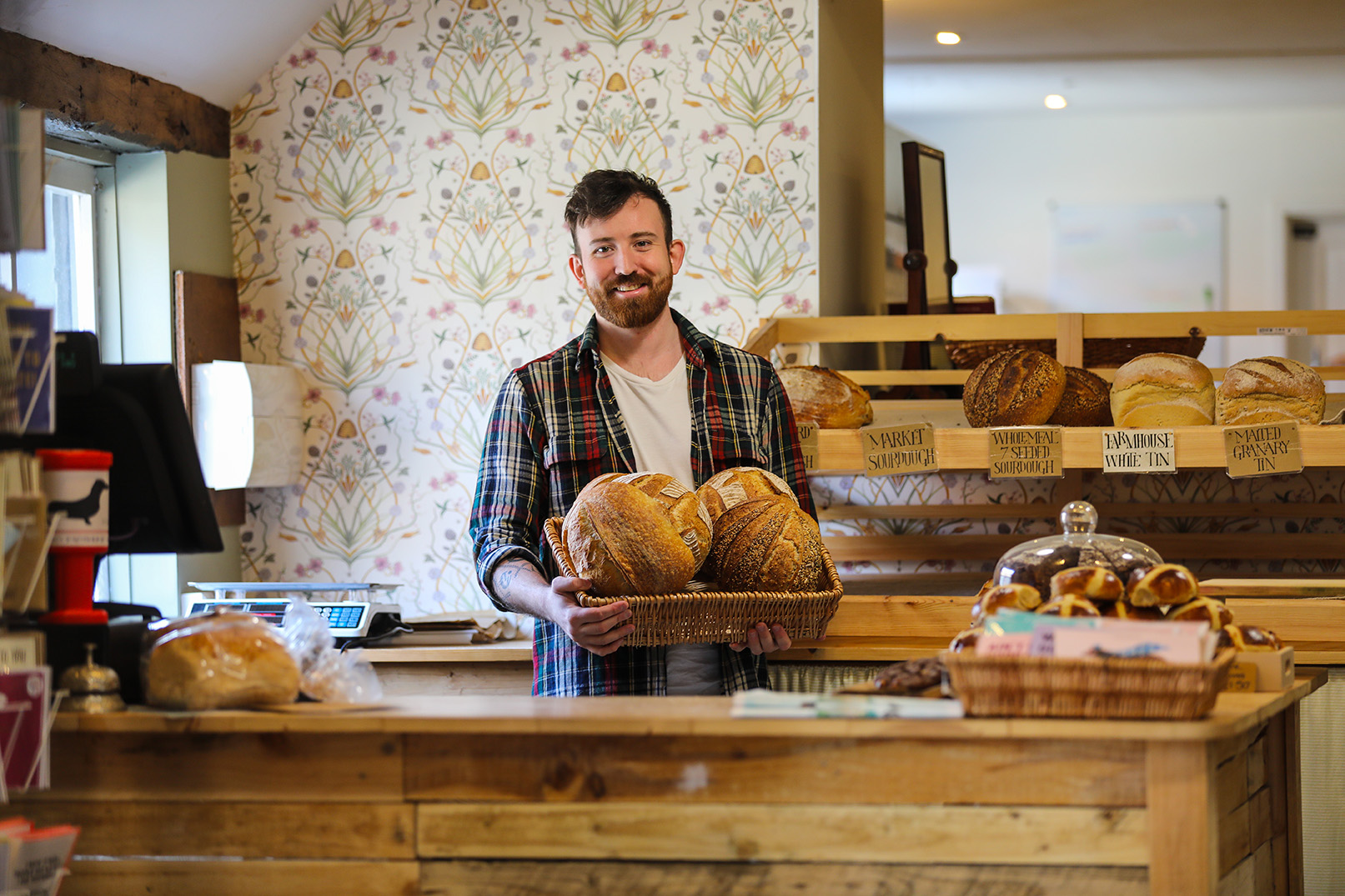

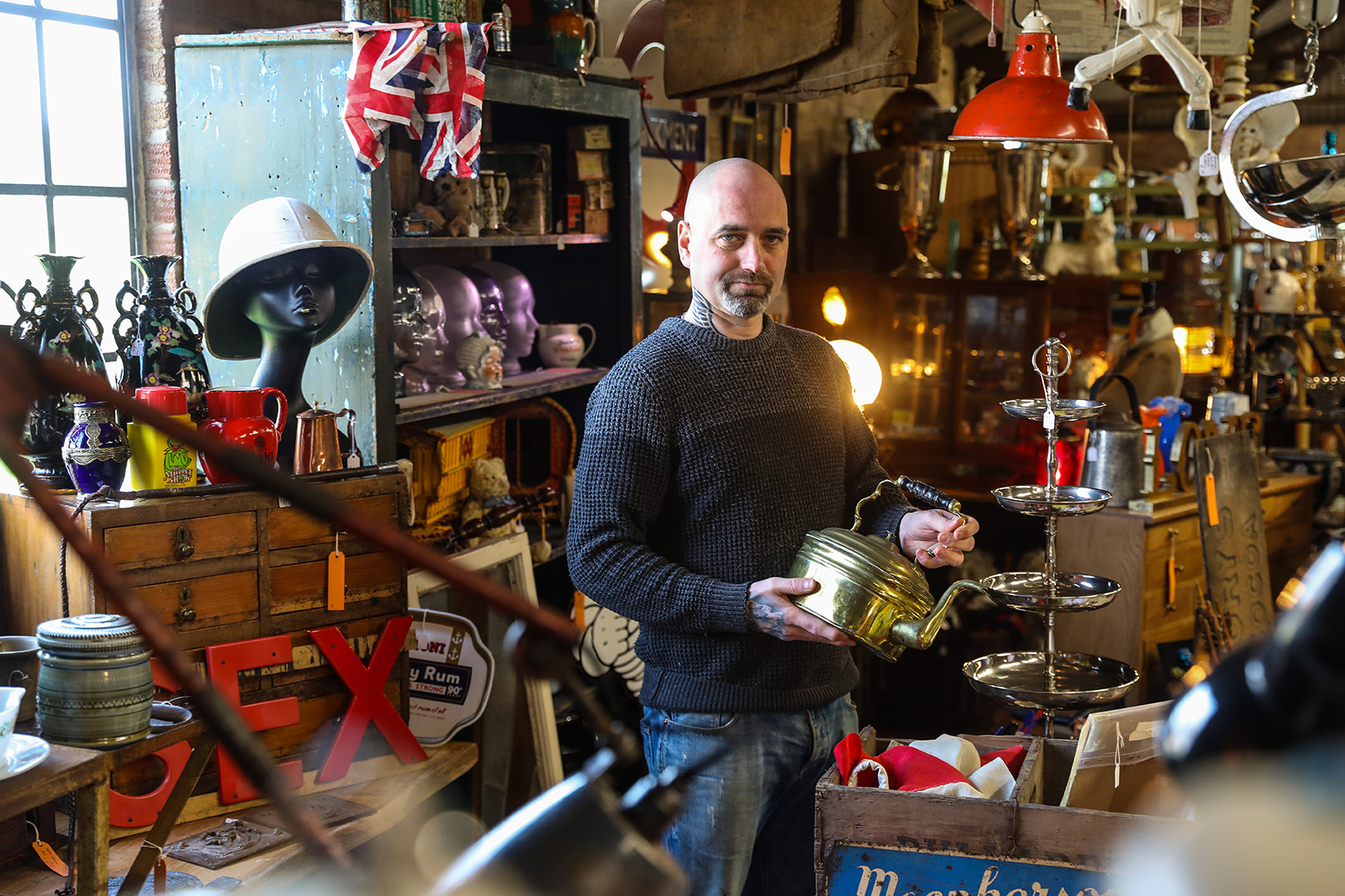


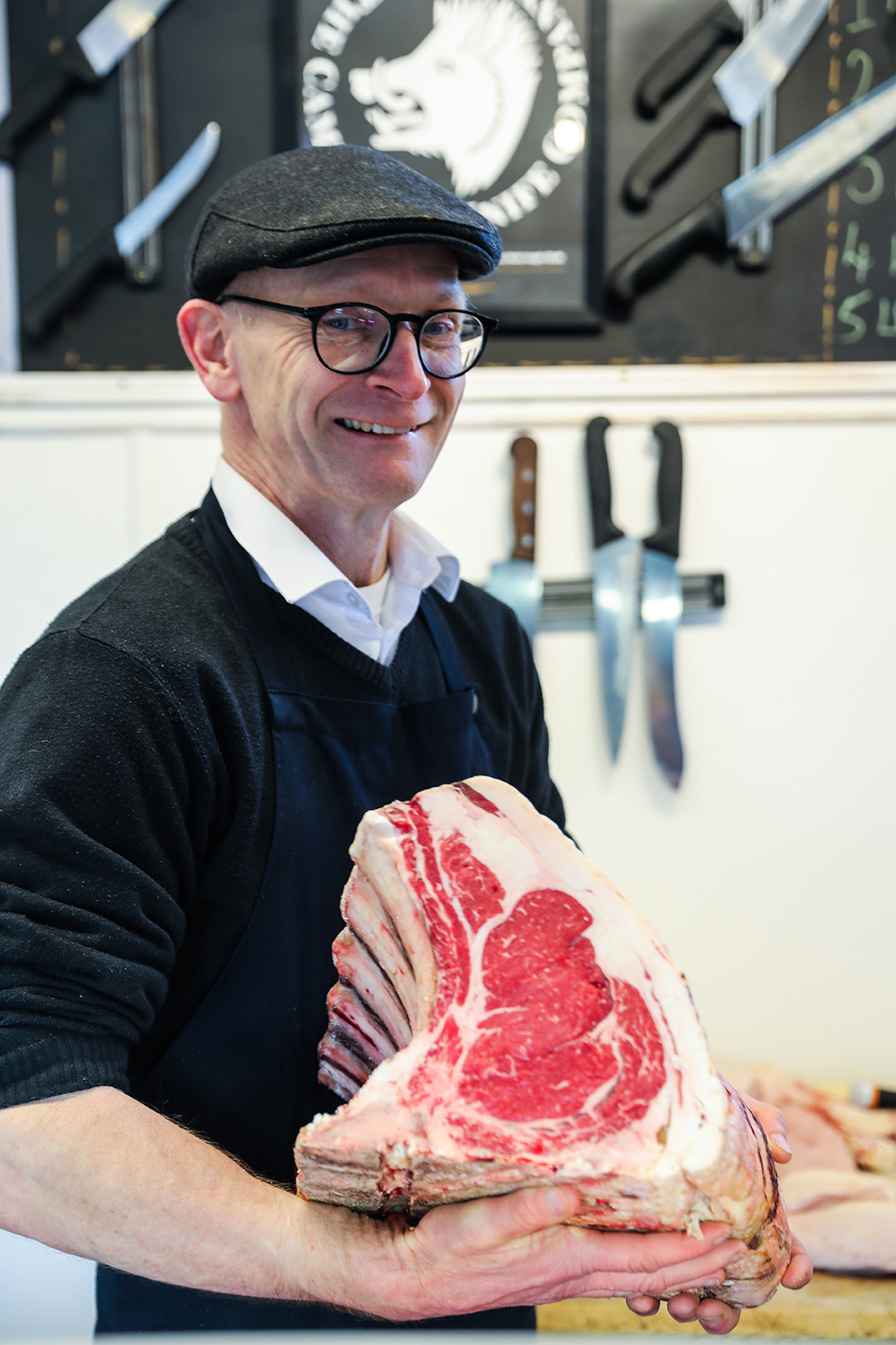

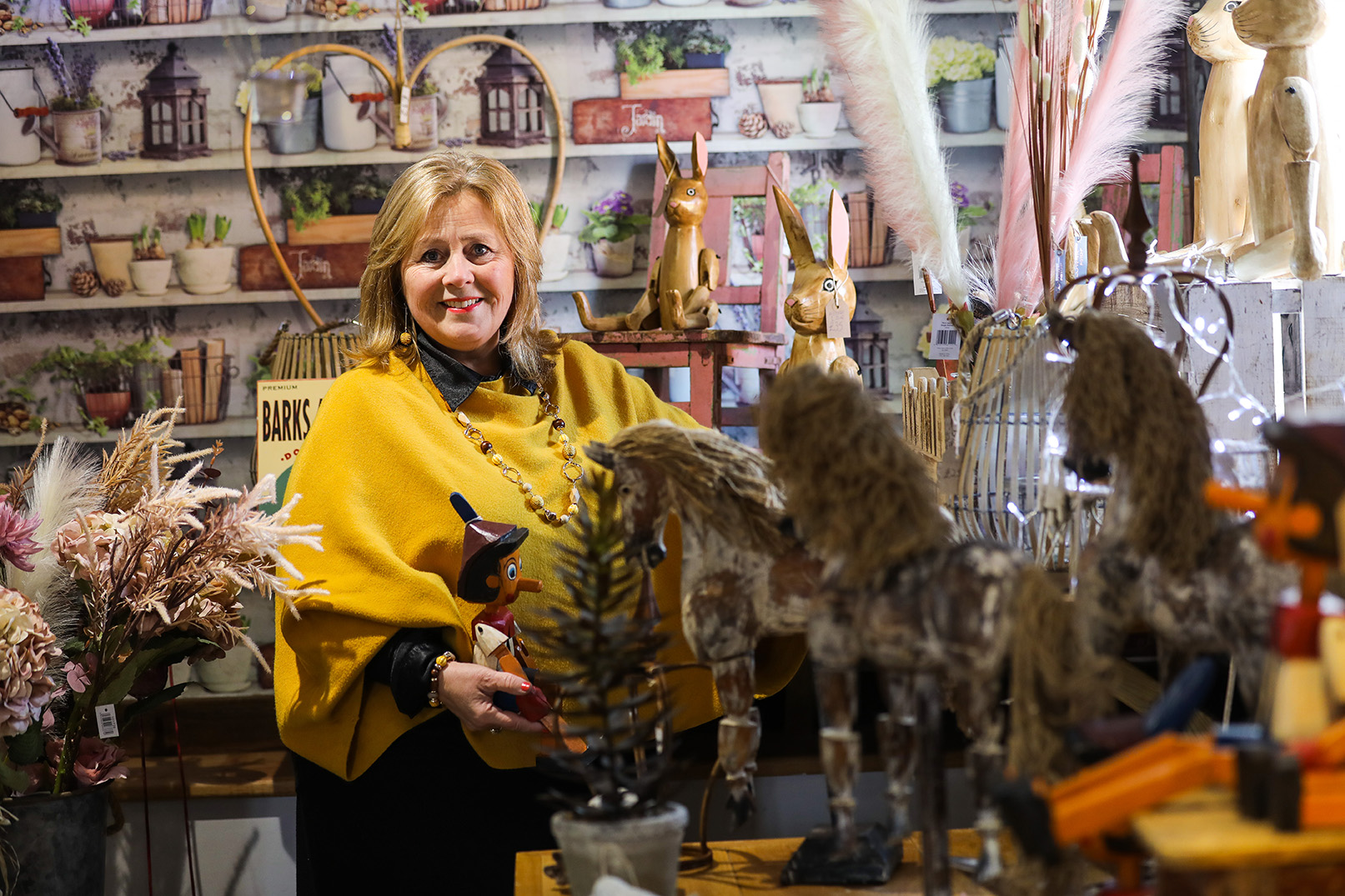

@antiqueandretrocentre

@benandellasfarmshop

@morgansbutchery

@maison_de_clements
Sign-up to receive content like this

Sign-up for the latest news
